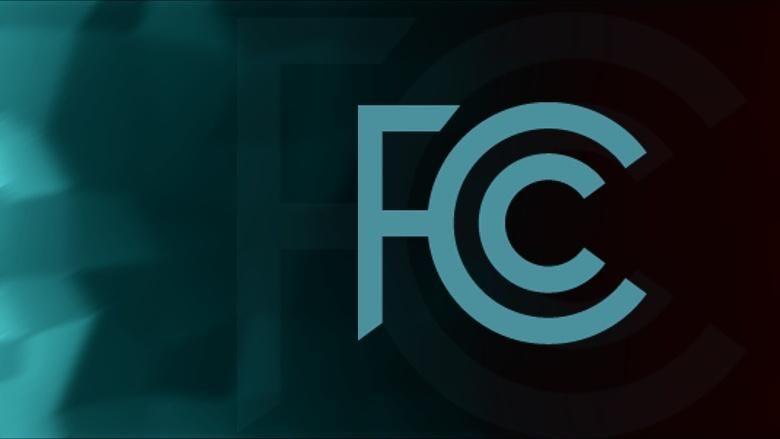In order for smartphones to be sold in the United States market, one of the hurdles manufacturers have to go through is extensive radiation testing to make sure they operate within the FCC’s guidelines of acceptable exposure to humans. Those tests are typically done through a third-party laboratory and the results, along with other identification paperwork, get lodged with the commission’s Offices of Engineering and Technology for certification.
The tricky thing this week is how the commission will be able to navigate the US government shutdown, now 11 days old. While some federal agencies were granted operating budgets through a small appropriation bill back in September, many others have had their funds dry up.
The government has not been able to enact a budget bill as President Donald Trump and Congress have been at odds over border security funding.
The FCC itself is set to shut down from midday tomorrow, January 3, with approximately 83 percent of its 1,442 employees are to be furloughed. The commissioners will be retained as well as employees on vital security and oversight positions. Up to 200 employees will be focused on issues related to spectrum auctions — their salaries and expenses come from a source outside the commission.
That means that the Offices of Engineering and Technology, which certify radiofrequency-emitting hardware, will be out of order. It’s not clear how much of a stumbling block this will be to smartphone OEMs with product launch plans this winter and spring. Perhaps the Galaxy S10 may be late to market — we input its rumored model names as an FCC ID badge into the OET’s search engine and found no results as of today.
Any Inspectors General will also come off the clock — that means that the commission’s review of the merger between Sprint and T-Mobile will be delayed. Details on how that transaction, as well as others, will be impacted are to be released later today. We’ll update this story as needed.

